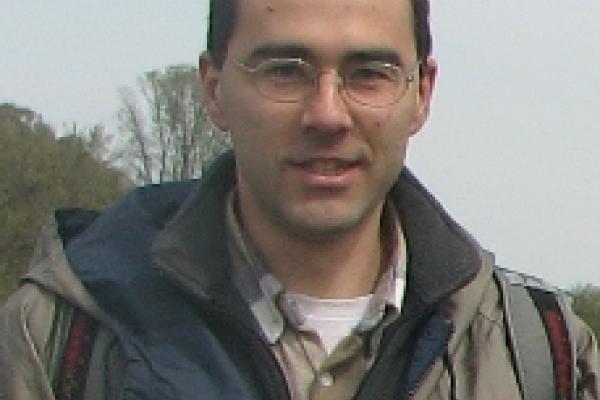
One of the promising routes towards creating novel topological states and excitations is to combine superconductivity and quantum Hall (QH) effect. However, signatures of superconductivity in the QH regime remain scarce, and a superconducting current through a QH weak link has so far eluded experimental observation. By utilizing high mobility graphene/boron nitride heterostructures we demonstrate the existence of a novel type of supercurrent-carrying states in a QH regime at magnetic fields as high as 2 Tesla. At low magnetic fields, devices demonstrate the Fraunhoffer pattern and Fabri-Perot oscillations, confirming their uniformity and ballisticity. In the QH regime, when Landau quantization is fully developed, regions of superconductivity can be observed on top of the conventional QH fan diagram. The measured supercurrent is very small, on a few nA scale, and periodic in magnetic field. I discuss possible mechanisms that could mediate supercurrent along the QH edge states.
